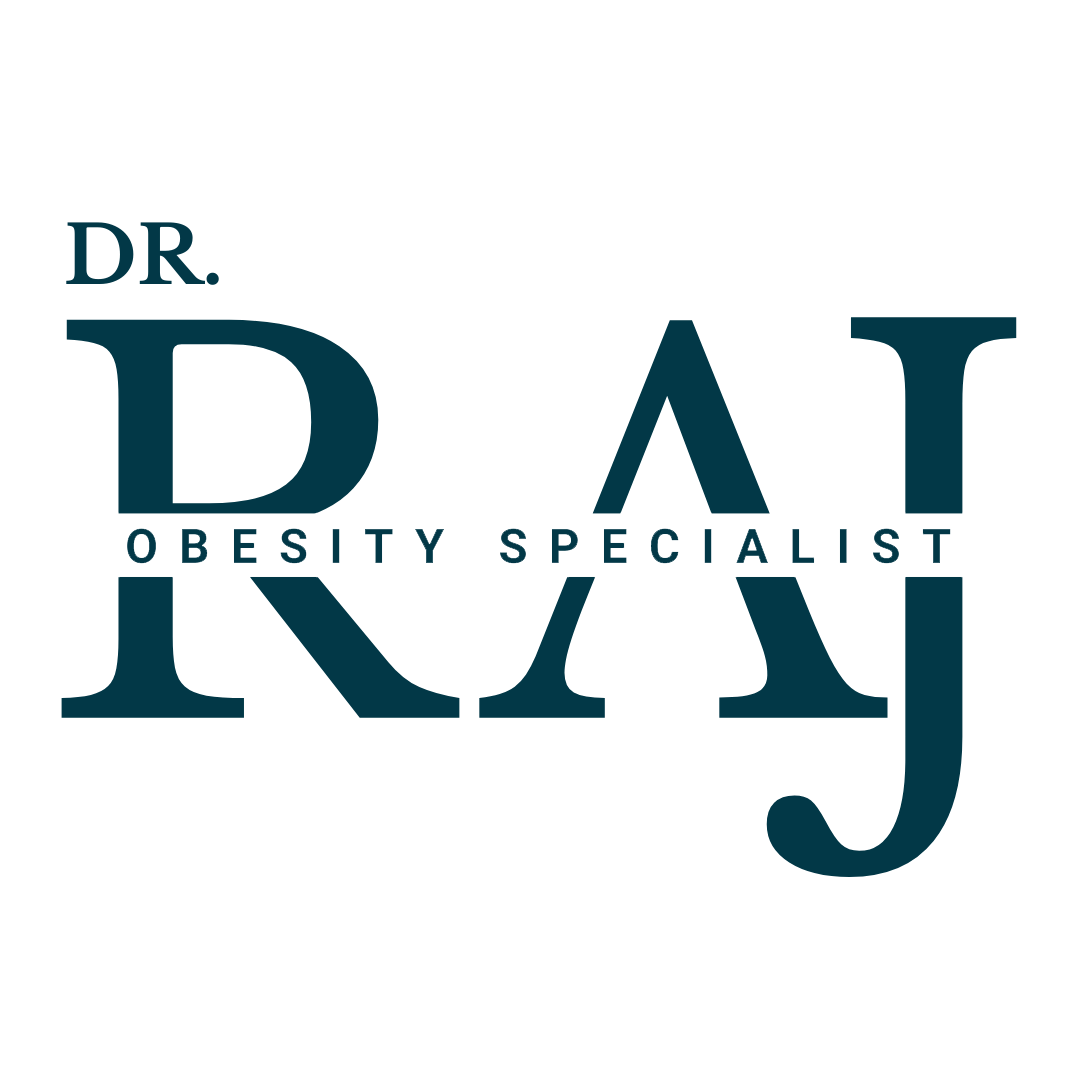Thyroid eye disease, in short TED is an autoimmune condition. This means that your body’s immune system attacks the muscles and tissues in the back of eye presuming they are foreign. Thyroid eye disease is seen more commonly in people with Graves disease (auto immune over active thyroid) or thyrotoxicosis. However thyroid eye disease is also rarely seen in people with under active thyroid (Hashimoto’s’s disease).When thyroid eye disease is seen in people with Graves disease, it is called Graves ophthalmopathy (GO).
What is the chance of developing thyroid eye disease?
Thyroid eye disease may develop in about 25 percent of the people with Graves’ disease. In most people thyroid eye disease is mild. However if you are a smoker, the chance of developing thyroid eye disease increases significantly. Thyroid eye disease may develop at any time. People have noticed problems with their eyes even before the diagnosis of any thyroid problem.
What symptoms and signs of thyroid eye disease would I experience?
Symptoms of thyroid eye disease are varied. The muscles and fatty tissue in the back of the eye are inflamed in thyroid eye disease. The inflamed tissues behind the eye pushes the eye forward resulting in a bulging eye. There may also be swelling of the eye lids, pressure on the optic nerve and damage to the cornea. Sometimes these symptoms make be mistaken for conditions like allergy, hay fever, conjunctivitis or injury. If you have a thyroid problem or have had thyroid problem in the past you should always seek help. You should also seek medical advice if you have symptoms suggestive of thyroid eye disease and have a family history of thyroid disorders.
Some of symptoms of thyroid eye disease are mentioned below:
- Bulging eyes (proptosis)
- Feeling of sand in eyes (grittiness)
- Watery and red eyes
- Swollen eye lids
- Double vision
- Pain on movement of the eye balls
- Rarely blindness or loss of vision
Can I get thyroid eye disease even if I do not have thyroid problem?
Usually thyroid eye disease is seen in people with active thyroid problem like Graves’ disease and rarely with Hashimoto’s disease. Some times thyroid eye disease is seen in people even before the diagnosis of thyroid disorder and long after the thyroid problem has been treated.
How can I prevent thyroid eye disease?
There is no definitive intervention to prevent thyroid eye disease. However you could reduce the chance of developing thyroid eye disease or even improve the prognosis by adapting the following measures:
- Stop smoking
- Ensure regular clinic attendance and have regular thyroid function test. This will help stabilise your thyroid hormones within the normal range.
- Selenium supplements may help people with thyroid eye disease. Ask your endocrinologist for supplements or consider taking two Brazil nuts a day.
- If there is a family history of thyroid disease, get your thyroid function checked.
- Radioactive iodine for Graves’ thyrotoxicosis is avoided if you have thyroid eye disease.
How is thyroid eye disease treated?
Treatment of thyroid eye disease depends on the severity of the illness and the symptoms you have. Thyroid eye disease should be diagnosed by an eye specialist. You should stop smoking.
If the thyroid eye disease is mild, your eye specialist may provide artificial tear drops. As mentioned above selenium could be considered.
High dose steroids are considered in severe cases.
In more severe cases surgery, called decompression surgery is done to relieve the pressure on the optic nerve and reduce the protrusion of the eyes. Surgery is also considered for the eye muscle if there is double vision. Surgery of eye lids is considered if the the eye ball is exposed, this helps improve appearance and could prevent corneal ulcers.
When should I seek urgent help for thyroid eye disease?
In a minority of people, thyroid eye disease can become serious and would need urgent help form an eye specialist and an endocrinologist. If you are not able to see an endocrinologist or eye specialist you should go to the nearest A&E.
You should seek urgent help, if you have the following symptoms:
- Double vision
- Loss of vision
- Blurring of vision
- Increasing pain and redness
- Altered colour vision
If you have any concerns about your thyroid or suspect having thyroid eye disease your should immediately contact your endocrinologist. You may can also get more information from the British Thyroid Foundation.
Dr Chinnadorai Rajeswaran is a consultant Physician specialising in Endocrinology, Diabetes and Obesity. As a private endocrinologist he has private endocrine, diabetes and weight loss clinics in Harley Street, London, Chennai (India), Claremont Hospital, Sheffield, Nuffield Hospital, Leeds and Simplyweight, Bradford.
He has face to face consultations with people from Barnsley, Rotherham, Chesterfield, Doncaster, Wakefield, Huddersfield, Bradford, Harrogate, Leeds, Sheffield, London and Chennai (India). He also offers video consultations.




